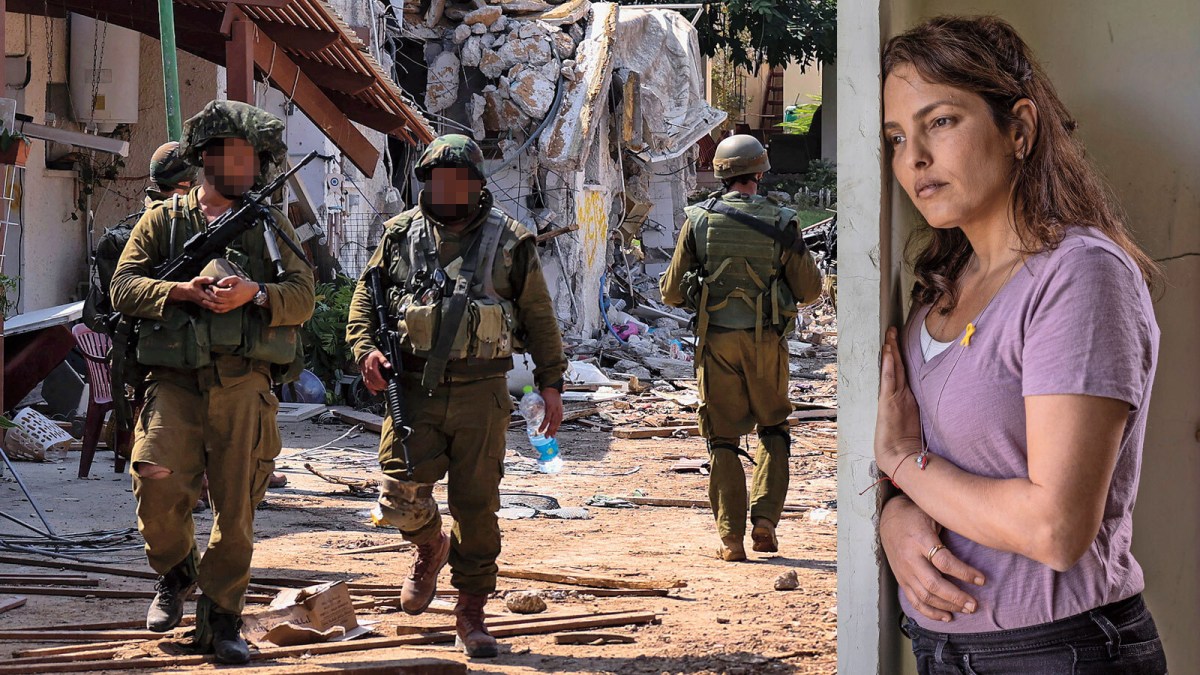The Israeli government insists that Hamas formally sanctioned sexual assault on October 7, 2023. But investigators say the evidence does not stand up to scrutiny. Catherine Philp and Gabrielle Weiniger report on eight months of claim and counter-claim
Talk of rape began circulating almost before the massacres themselves were over. Much of it came from what Patten would later call “non-professionals” who supplied “inaccurate and unreliable forensic interpretations” of what they found, creating an instant but flawed narrative about what had taken place.
Meanwhile, the political establishment has opened a fresh battle with the UN over what the Patten report didn’t say: that sexual violence was beyond reasonable doubt, systematic, widespread and ordered and perpetrated by Hamas. Israeli advocates for the female survivors are now warning that the country’s refusal to co-operate with a full and legal investigation, which the carefully worded report was not, threatens the prospect of ever finding out the full truth about the sexual violence of October 7 and delivering justice for its victims.
It was not a legal investigation, Patten explained, as Israel had not allowed one: that mandate could only be fulfilled by the Independent International Commission of Inquiry on the Occupied Palestinian Territory, which Israel has refused to work with since its inception. She hoped that would change.
Patten made it clear there was sufficient evidence of acts of sexual violence to merit full and proper investigation and expressed her shock at the brutality of the violence. The report also confirmed Israeli authorities were unable to provide much of the evidence that political leaders had insisted existed. In all the Hamas video footage Patten’s team had watched and all the photographs they had seen, there were no depictions of rape. We hired a leading Israeli dark-web researcher to look for evidence of those images, including footage deleted from public sources. None could be found.



I’ll give it a look later. You linked it in this thread, correct?
From the first few weeks of the conflict:
https://www.reuters.com/world/middle-east/freed-israeli-hostage-says-she-was-well-treated-after-initial-violence-2023-10-24/
From her words, it looked like the conditions were terrible, but they made efforts to try and minimize the harm. It’s likely that the treatment they gave the hostages varied wildly.
Agreed with everything here.
Yeah. This is their press release with the quick summary, and this is the full report.
Yeah, agreed. I’d imagine there’s a lot of variability.
The report talks about what they found interviewing returned hostages on page 18:
The mission team reviewed incidents of alleged sexual violence related to hostages in Gaza. Based on the first-hand accounts of released hostages, the mission team received clear and convincing information that sexual violence, including rape, sexualized torture, and cruel, inhuman and degrading treatment occurred against some women and children during their time in captivity and has reasonable grounds to believe that this violence may be ongoing.
Based on first-hand accounts of released hostages there are reasonable grounds to believe that female hostages were also subjected to other forms of sexual violence.